Spina bifida
Spina bifida is a condition present from birth that impacts the development of the spinal cord and spine. It occurs when the neural tube, responsible for forming the spinal cord and brain, fails to close properly in early pregnancy.
There are different types of spina bifida.
- Spina bifida occulta, also known as hidden spina bifida, which is the mildest and most common type.
- Meningocele, characterised by a protrusion of a sac containing spinal fluid through an opening in the spine. Babies with meningocele usually experience minor issues, often related to bladder and bowel function.
- Myelomeningocele, which is the most severe type. In this form, the spinal canal remains open across several vertebrae in the lower and middle back, resulting in a visible sac on the baby’s back. This sac typically exposes tissues and nerves. Myelomeningocele leads to more extensive paralysis and tends to be more severe
At Orthotics Plus, we provide healthcare services for those living with the condition.
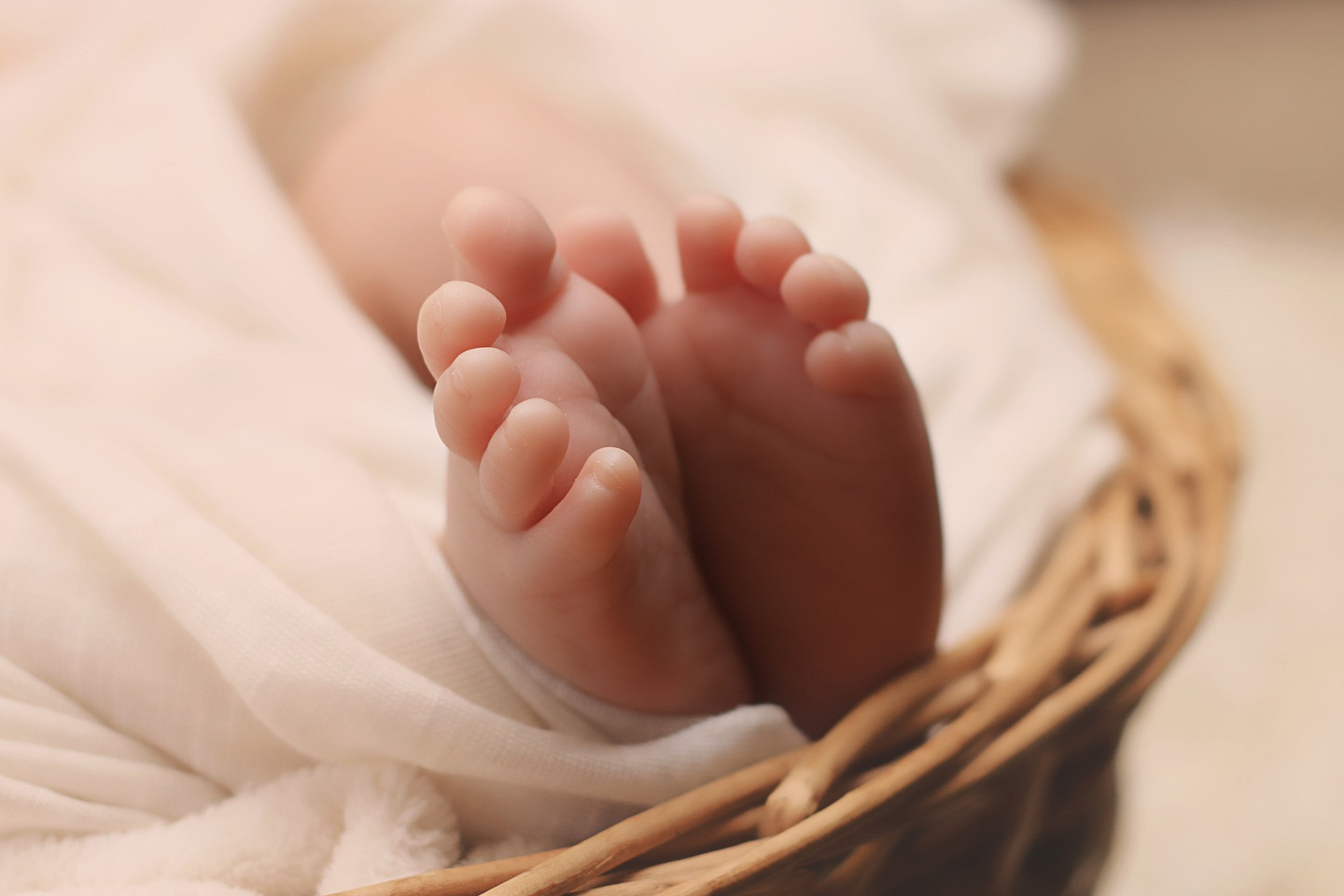
Symptoms of Spina Bifida
In the most severe instances of spina bifida, individuals may experience muscle weakness in the feet, hips, or legs, as well as a diminished sense of sensation in certain areas of the skin.
Additional symptoms can include bowel or bladder incontinence, hydrocephalus (excess fluid on the brain), learning difficulties, spinal issues, and deformities like scoliosis.
Another noticeable characteristic is a distinct skin texture that tends to be thin and shiny, although there may not be a specific term to describe it more precisely
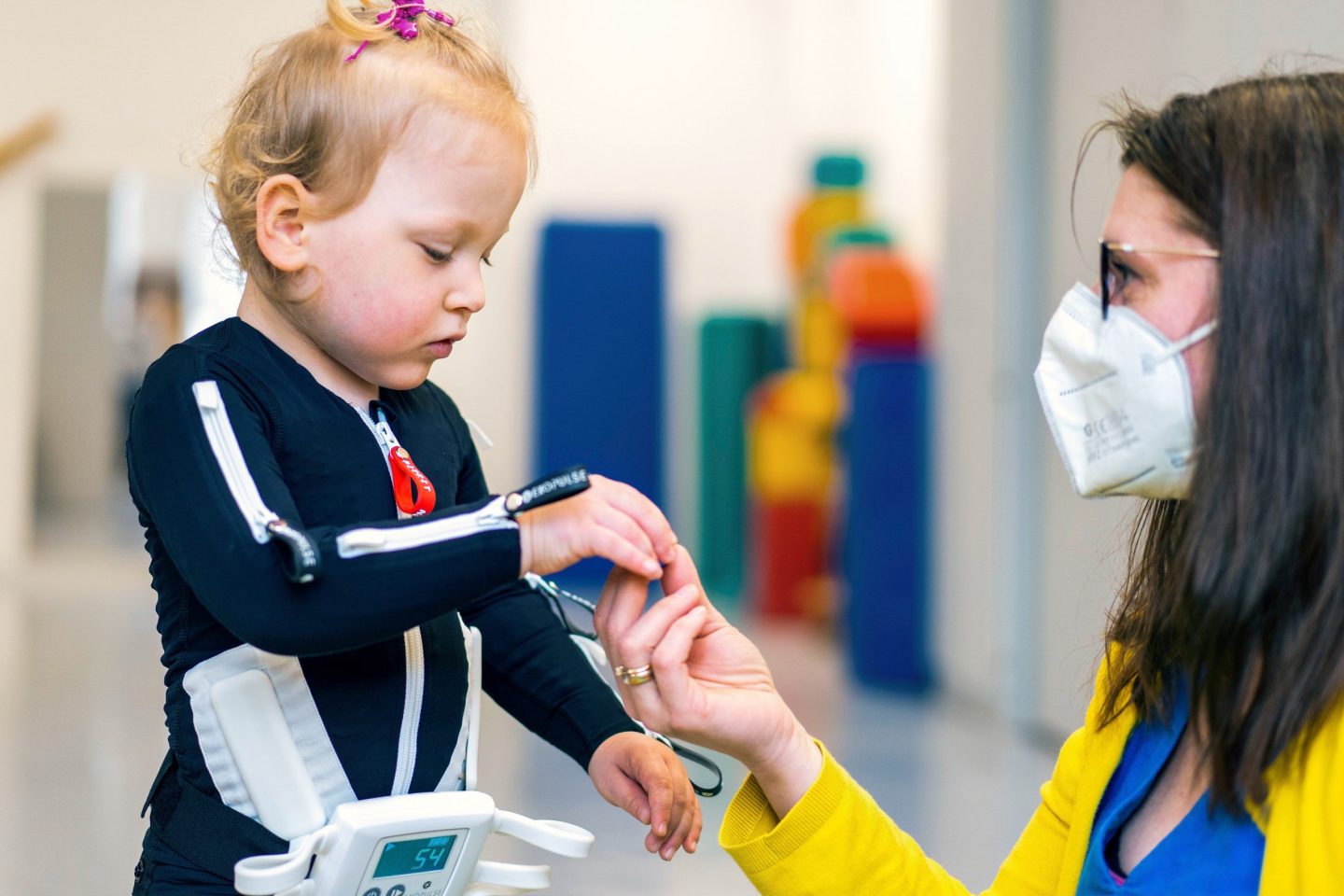
How Orthotists Help People Living with Spina Bifida
The healthcare provided by Orthotics Plus to individuals with spina bifida varies depending on their specific symptoms, which are influenced by the type of spina bifida they have. Many patients with spina bifida whom we encounter tend to have more severe conditions.
AFO and KAFO use- for those with lower limb weakness and difficult walking, we can assess and prescribe AFOs and KAFOs to improve mobility and stability.
Our more affected patients typically use wheelchairs, unable to bear weight on their lower limbs, and experience issues in their feet, ankles, and hips. These individuals are at a high risk of developing pressure ulcers, infections, and subsequent complications, including the possibility of amputation and other health issues, due to their prolonged non-weight-bearing status.
Lower Limb Supports
The services we offer primarily revolve around footwear and protective measures, tailored to the severity of their condition. For mild to moderate cases, we may focus on correction, control, and providing assistance for weakness through the use of Ankle Foot Orthoses (AFOs) and Knee Ankle Foot Orthoses (KAFOs).
Footwear
In more extreme cases where weight bearing is not possible, our aim is not to correct the foot and ankle posture, but rather to safeguard against pressure areas and ulceration. This often involves the provision of custom-made footwear, as regular off-the-shelf shoes are not suitable for their needs.
Regarding footwear, our objective is to provide well-fitting shoes rather than generic sizes. Off-the-shelf shoes often do not fit properly and tend to fall off.
Caregiving & comfort
Additionally, we take into consideration the comfort and convenience of the patients and their carers. For this reason, we often opt for Velcro closures, which simplify the process for both the clients and their caregivers. Furthermore, we may incorporate features like sheepskin-lined inners or seamless interiors to enhance the overall comfort of the footwear.
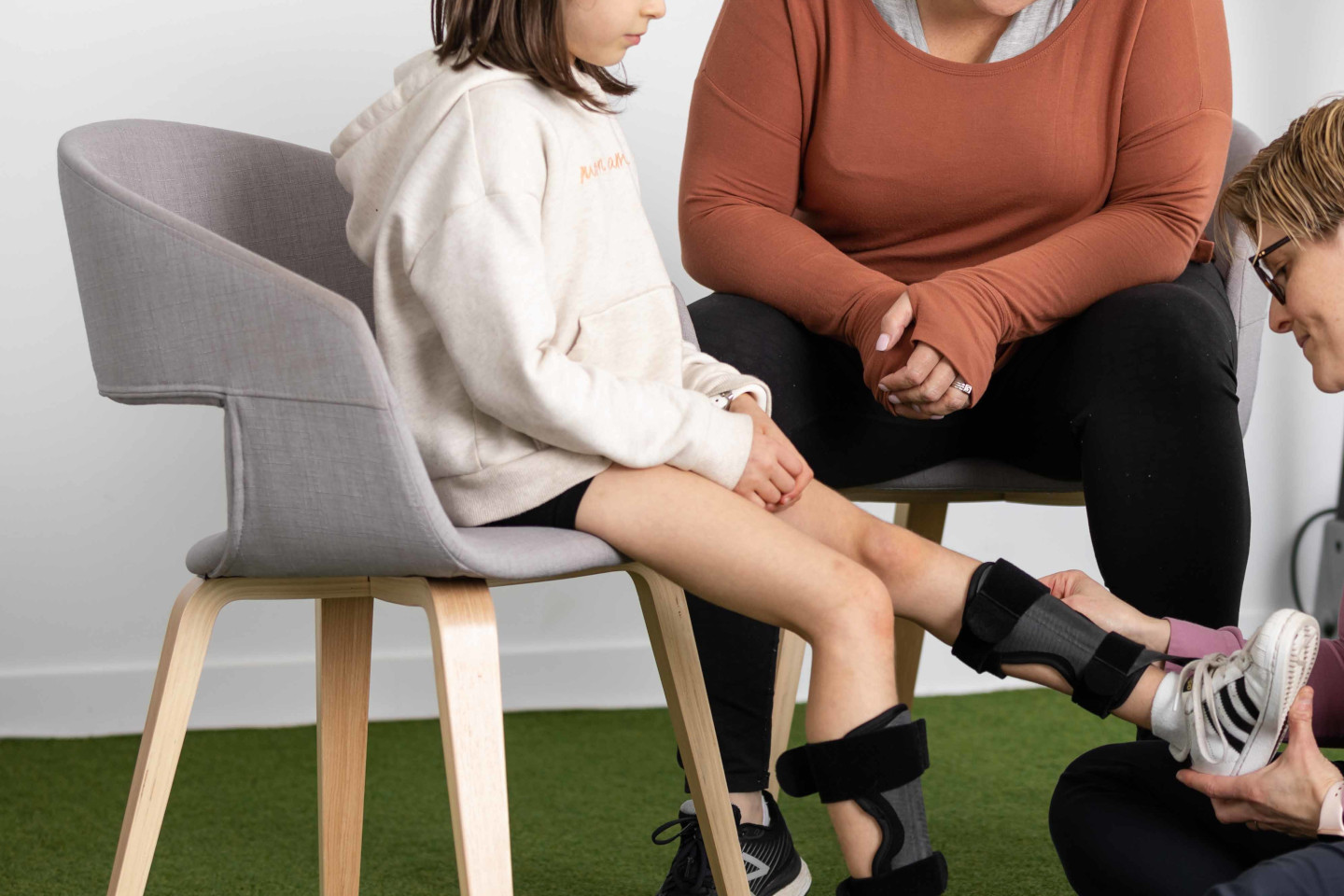
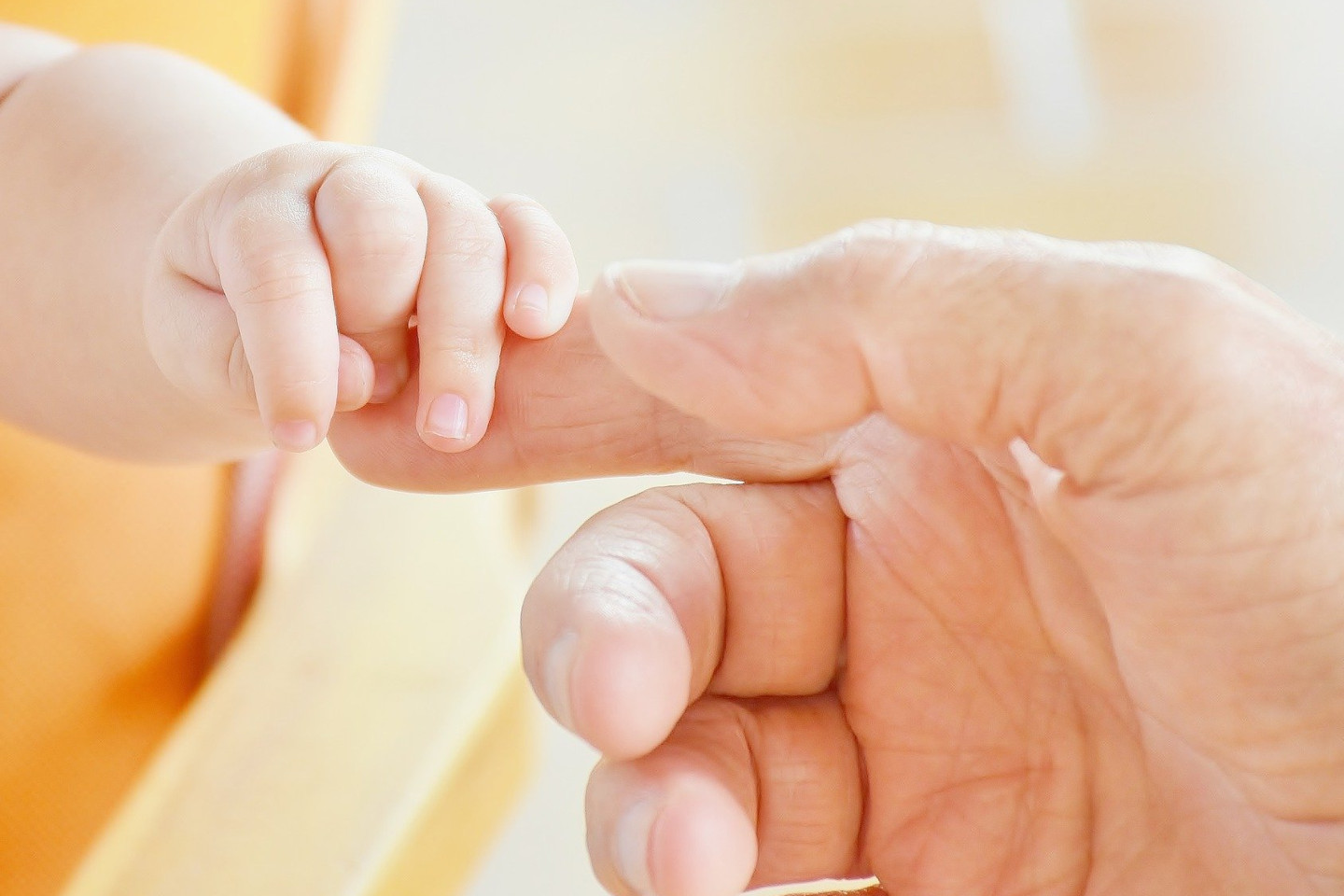
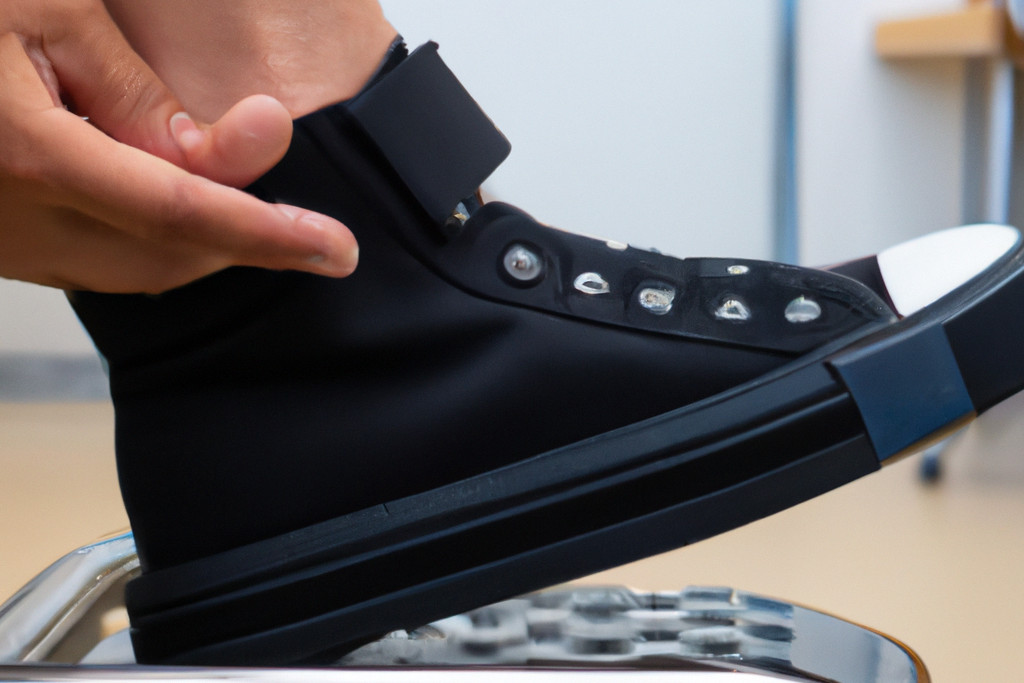
Referring & Assessment for Spina Bifida
Referring
We typically receive referrals for patients with spina bifida from occupational therapists (OTs) and from physiotherapists/exercise physiologists.
Most commonly, we work with adult patients however also occasionally work with paediatric patients too.
The patients may already be engaged in upper body physiotherapy and core strengthening exercises, aiming to build the necessary strength for tasks such as pulling and sliding transfers. The OTs, physios, and exercise physiologists play a crucial role in identifying the need for our services.
Please bear in mind, we accept referrals from everyone. You are welcome to make a referral here. Once referred, we proceed with an assessment.
Assessment
Since these patients are typically non-weight bearing, our assessment focuses on aspects such as foot posture, hip and knee posture, skin condition, wheelchair setup, and the potential risk of pressure on the foot when resting against the side of the wheelchair.
Multidisciplinary Care
We work collaboratively with a person’s healthcare team such as their continence nurses, neurologists, OTs, orthopedic surgeons, pediatricians, social workers, urologists and support workers as appropriate.
Our clinicians are available through phone calls and other forms of consented communication.
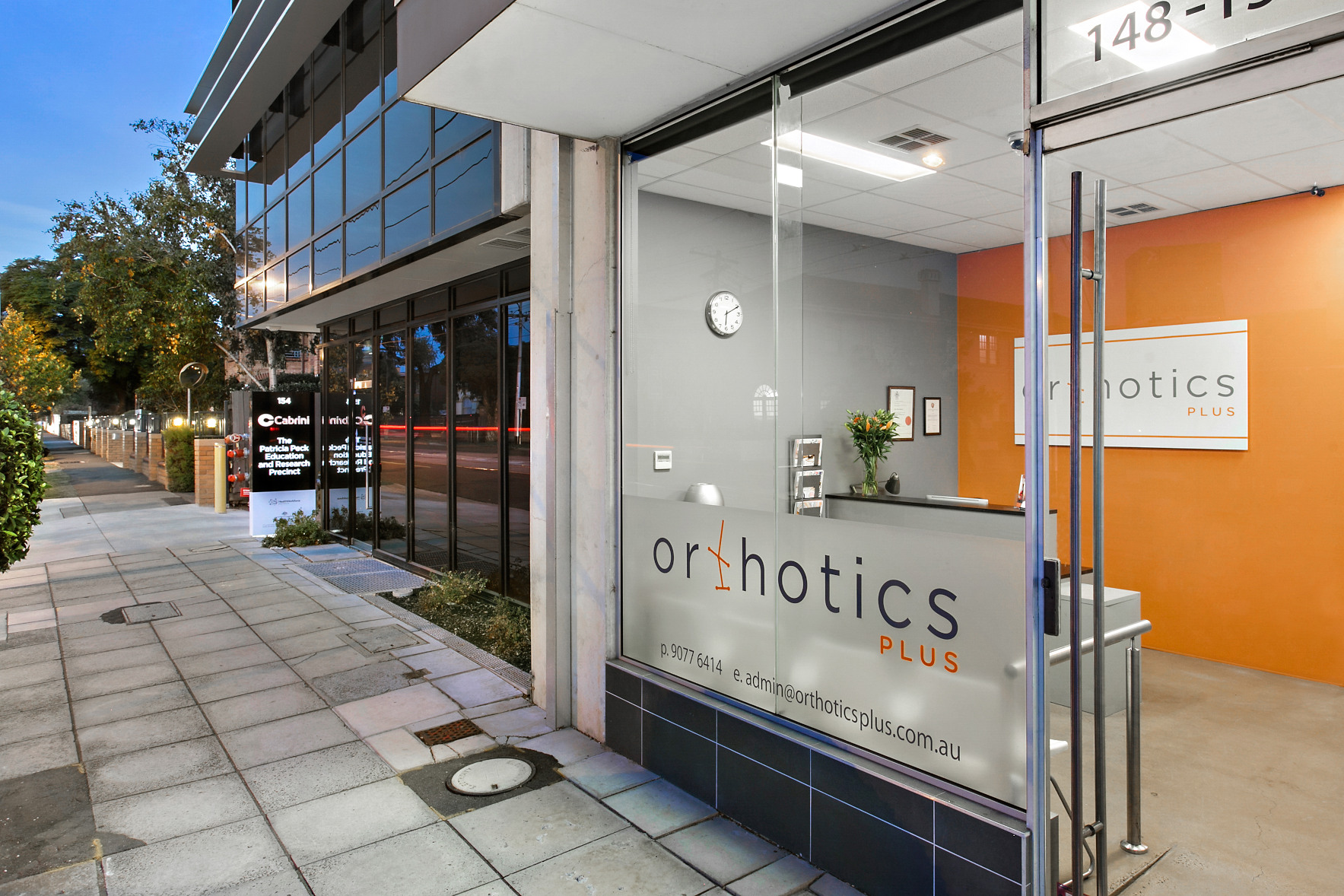
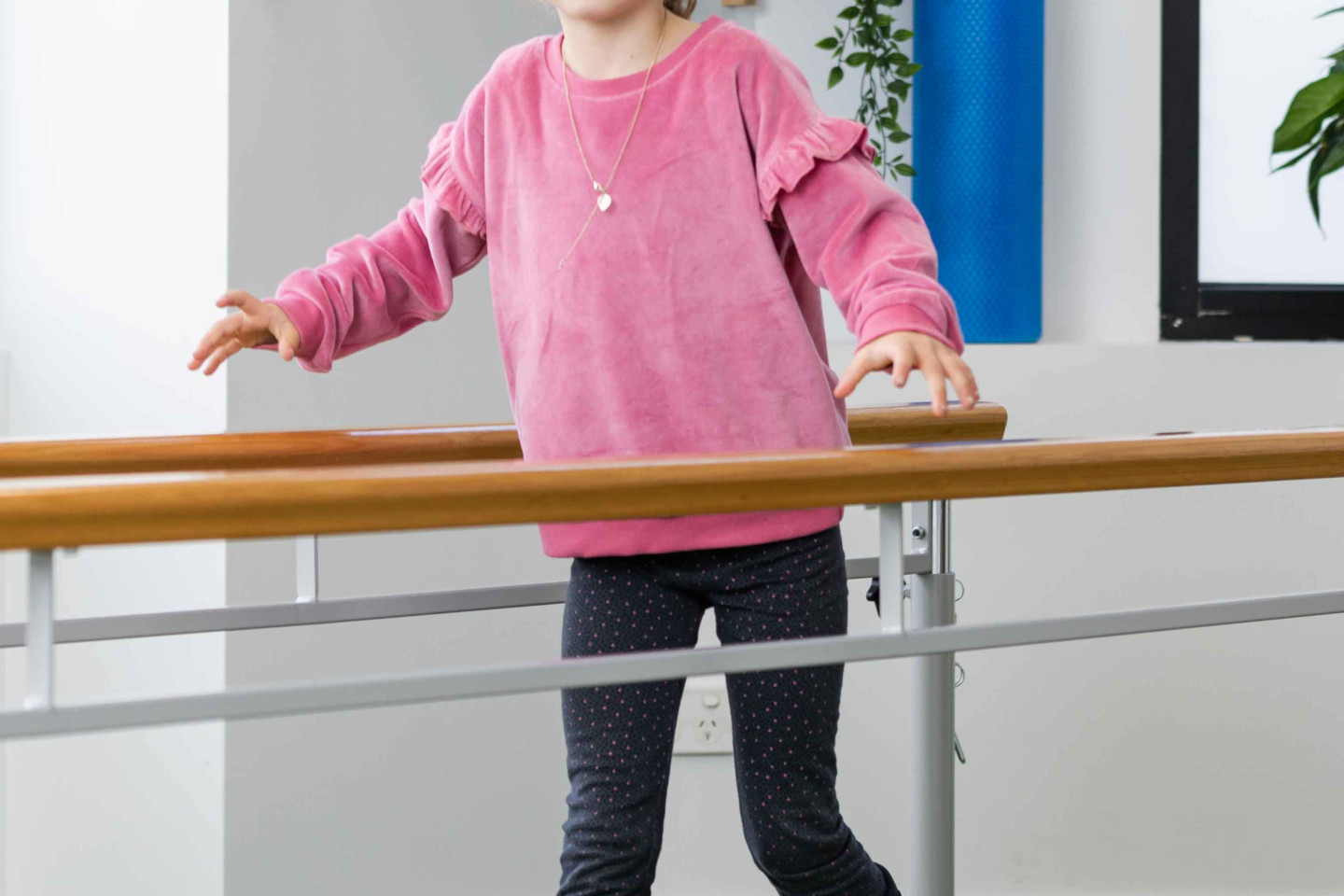
Contact Orthotics Plus
Orthotics Plus has been established in Melbourne for over a decade and we look forward to your enquiry.
- We are experienced with a range of physical and neurological disabilities
- We are NDIS registered
- We have multiple convenient locations throughout Melbourne
- Our team is prompt, caring and highly professional
To get started, please view our clinic locations below.
Contact Us Call (03) 9077 6414

Spina Bifida FAQ
How often should orthotic devices or footwear be adjusted or replaced as a person grows or develops?
Reviews typically occur every 12 months for adults, and shorter for paediatrics. Please seek advice from our team regarding your individual case.